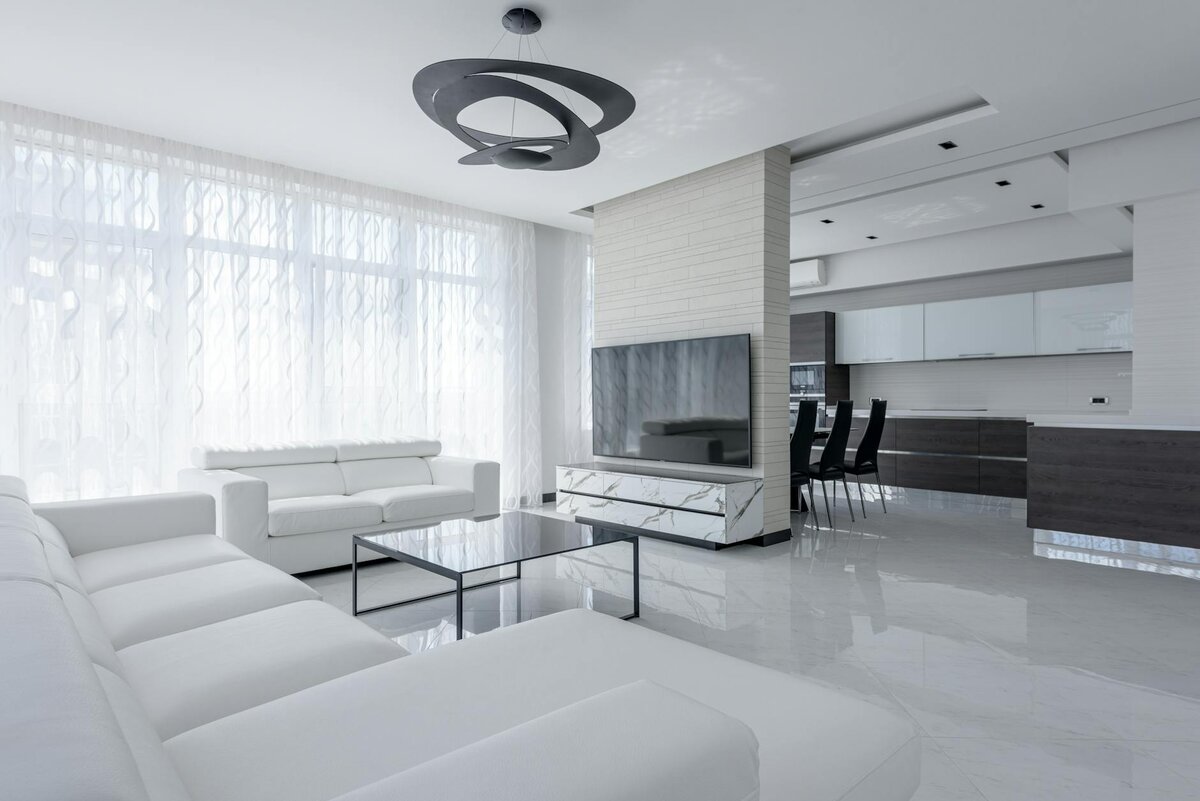Lets dive in...
Managing tax for your holiday let or Airbnb doesn’t need to be a headache. HMRC requires all rental income to be reported, and it is essential to declare all earning income from short-term rentals to HMRC to ensure compliance with tax regulations. There is a legal obligation to report income to HMRC, and failing to disclose your income to HMRC can result in penalties.
The UK’s first personal tax app, Pie tax, handles your property income calculations automatically, saving you hours of paperwork. Or if you’re just here to get to grips with it all, let’s break it down!
Navigating the UK tax system can feel overwhelming, especially when you’re earning rental income from short-term lets or holiday properties. The system is managed by HM Revenue & Customs (HMRC), which sets the rules for how your property business is taxed.

Registration and Reporting
If you’re earning rental income from your property, registering for self assessment with HMRC is a must. This process starts with obtaining a Unique Taxpayer Reference (UTR), which you’ll use every time you file a self assessment tax return. Keeping accurate records of your income and expenses, including all allowable expenses and any capital allowances, is essential for completing your assessment tax return correctly.
These records not only help you claim all the tax reliefs you’re entitled to, but also protect you from significant penalties if HMRC ever checks your tax return. Make sure you register for self assessment as soon as you start earning property income, and keep your paperwork organised throughout the year. Staying on top of your tax obligations means less stress and a smoother experience when it’s time to file your tax return.
What Counts as Short-Term Rental Income?
Short-term rentals typically mean rental properties, including residential properties, let for holidays or temporary stays. This includes listings on Airbnb, Booking.com, or direct bookings for your cottage or flat, and can generate extra income for property owners.
All income from these platforms must be reported to HMRC. You are required to report rental income and rental earnings, even if you’re just renting out a spare room occasionally. Other income from property letting must also be included in your tax return.
The Rent-a-Room scheme allows you to earn up to £7,500 tax-free. This applies when letting furnished rooms in your main home. If your total rental income from property in a tax year is less than £1,000, you might qualify for the Property Allowance. In this case, you may not need to report it.
How to Complete Your Self Assessment for Rental Income
You’ll need to register for self assessment if your rental income exceeds £1,000 before expenses, as you will be required to complete a self assessment return for tax purposes. You should also register if you want to claim expenses against lower income.
The deadline for registering is 5th October after the end of the tax year in which you started letting. It is important to be aware of key deadlines, as missing this deadline can result in penalties and may increase your tax liability.
Once registered, you’ll complete the UK property pages (SA105 assessment form) of your tax return. The assessment form is used to report all income and allowable expenses related to your rental, helping HMRC determine how much tax you owe and your overall tax liability. Understanding your tax position is crucial when completing your return to ensure accurate reporting and to optimise your tax outcome.
Rental income from a normal short-term let is treated as ‘property income’ rather than ‘trading income’ or business income. This distinction affects which tax return sections you complete and how your rental income tax is calculated. You must pay tax on your rental income as part of the self assessment process.

Property Allowance and Capital Allowances
Landlords can benefit from valuable tax reliefs like the property allowance and capital allowances. The property allowance lets you earn up to £1,000 in rental income each tax year without paying tax or needing to complete a self assessment tax return for that income.
If your rental income is higher, you can still use the allowance to reduce your taxable profits. Capital allowances, meanwhile, let you claim tax relief on the cost of items like furniture and equipment used in your rental property. To make the most of these reliefs, keep detailed records of your income and expenses and include them in your self assessment tax return.
Claiming the property allowance or capital allowances can significantly reduce your tax bill, so it’s worth understanding how they work and ensuring you don’t miss out.
Allowable Expenses You Can Claim
You can deduct costs directly related to renting out your property. These include cleaning between guests, welcome packs, listing fees from platforms, agent fees, and service fees. When preparing your tax return, claiming allowable expenses is essential to maximise your deductions.
Utility bills, insurance, and maintenance costs are deductible, but only eligible costs can be claimed. You can only claim for periods when the property is available for rent.
For mortgage interest, you no longer get tax relief at your highest rate. Instead, you get a basic rate tax reduction, currently at 20%.
If you’re letting a furnished property, you have two options. You can either claim the actual cost of replacing furniture and appliances or use the Replacement Domestic Items relief.
Tax Digital and Record Keeping
With Making Tax Digital (MTD), HMRC is moving towards a fully digital tax system, making it easier for landlords to manage their property business. Under MTD, you’ll need to keep digital records of your rental income, allowable expenses, and any capital allowances you claim.
Using compatible software, you can submit your income and expenses directly to HMRC, helping you stay on top of your tax obligations and claim all available tax reliefs. Good digital record-keeping not only ensures compliance with making tax digital requirements, but also gives you a clearer picture of your property business’s performance.
By tracking your income and expenses throughout the year, you’ll be better prepared for your self assessment tax return and able to make informed decisions to maximise your tax efficiency.
Special Rules for Holiday Lets
Properties that qualify as holiday lettings, specifically Furnished Holiday Lets (FHLs), enjoy special tax treatment and tax advantages. To qualify, your property must be available for letting at least 210 days a year. It must also be actually let for at least 105 days. I learned this the hard way when my Lake District cottage fell short by just three days one year, costing me valuable tax benefits.
FHLs can claim capital allowances on furniture and equipment, and benefit from specific tax advantages not available to standard rental properties. They may also qualify for certain Capital Gains Tax reliefs, where the market value of the property is relevant in property transactions, especially for reliefs like Gift Relief or Holdover Relief.
Profits from furnished holiday lettings are treated as 'earned income' for pension purposes, allowing for potentially higher pension contributions compared to normal letting activities. Many short-term holiday lettings can be registered for business rates rather than council tax. This might work out cheaper in some areas.
Tax planning is essential for owners of holiday lets to optimise tax outcomes and make full use of available reliefs and allowances. Keep detailed records of occupancy to prove your FHL status. HMRC may request this evidence if they have questions about your tax status.

Common Mistakes to Avoid
Don’t forget to declare income from all platforms. HMRC can request data from Airbnb and others to check your declarations. Failing to accurately report your income can result in HMRC penalties, especially if you underreport or omit short-term rental income.
Missing the filing deadline triggers an automatic £100 penalty. The deadline is 31st January for online returns, with further charges for longer delays. To avoid penalties, make sure you submit your tax return on time and ensure all information is correct.
Claiming personal expenses as business costs is a common error. This can trigger an investigation and potentially lead to penalties. Compliance issues can also arise with PAYE tax if income is not reported correctly, and mistakes can cost you a significant amount in fines and lost reliefs.
If you are a joint owner of a property, or if the property is jointly owned, each owner needs to report their share. Both the income and expenses should be split according to ownership, and there are specific reporting requirements and easements under HMRC rules for jointly owned properties.
Final Thoughts
Reporting your short-term rental income correctly keeps you on the right side of HMRC and ensures compliance with tax authorities. It also helps you claim all the expenses you’re entitled to. Set aside time each month to update your records. This is much better than scrambling at tax time when receipts might be lost.
Tax rules change frequently, so check for updates before filing each year. Staying informed will help you maximise your allowances.
Pie tax: Simplifying Short-Term Rental Tax
Getting your property tax right shouldn't mean spending weekends buried in receipts and tax guides. Pie tax makes the process simple and stress-free. The UK's first personal tax app connects directly to your bank. This imports income automatically while helping you track and categorise expenses.
It applies the correct tax rules to maximise your allowable deductions. We'll remind you of important deadlines and guide you through the self assessment process. With direct HMRC filing built in, you'll never miss a deadline again.
Curious to see how much time you could save? Take a look at Pie tax to see how we make property tax simple.

Quick and Easy Guide to Adding Property Income and Expenses in the Pie App
Follow these steps to get started:
To add Property income source, simply tap on 'Quick Add' on the home screen on the Pie App. Select create an Income type for Property. Once you’ve created an income source, you can choose to add income via existing bank connection, new bank connection, upload a document, or manually.Step 1

Once you’ve created an income source, you can proceed to the bookkeeping section of the app on your navigation bar. Swipe right on any eligible transaction to add it as an expense you want to declare on your tax return, moving it to the ‘expense’ tab.Step 2












